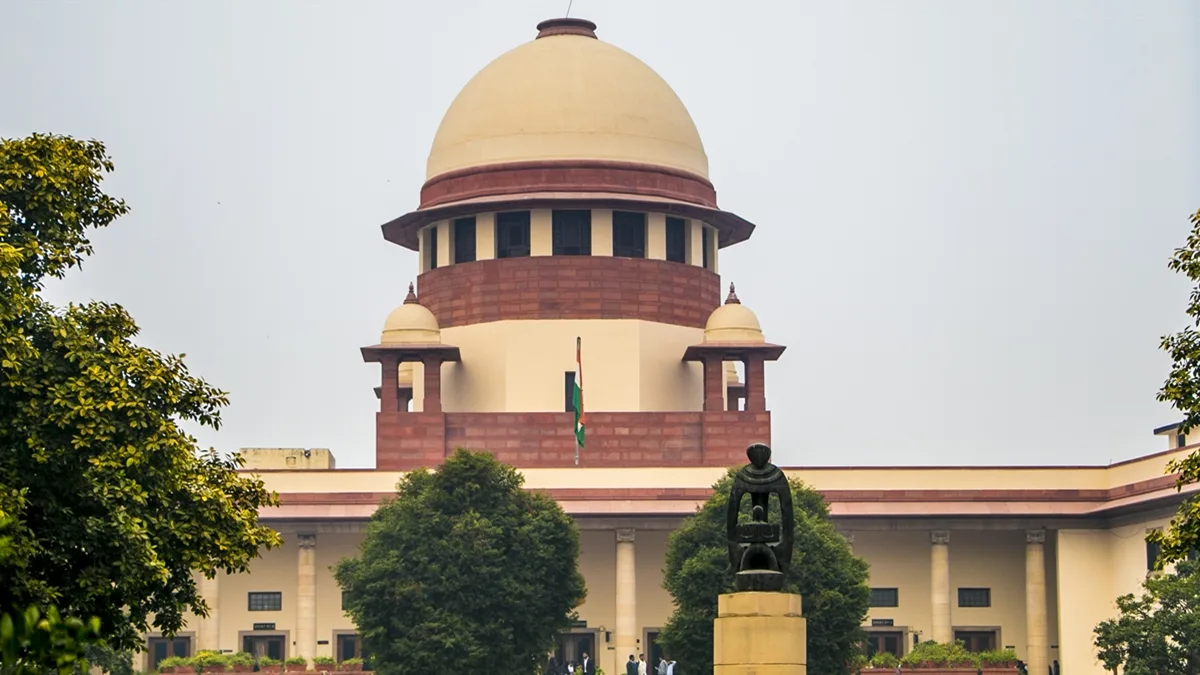In a major legal development, the Supreme Court of India on Monday declined to stay the entire Waqf (Amendment) Act, 2025, but stepped in to pause certain controversial provisions that have sparked concern across communities.
A bench led by Chief Justice of India BR Gavai and Justice AG Masih held that until clear rules are framed to define who qualifies as a practicing Muslim, the provision requiring five years of Islamic practice to create a Waqf will remain on hold. The court remarked that in the absence of a mechanism, such a rule could lead to arbitrary decisions and misuse of power.
While not scrapping the full Act, the Supreme Court acknowledged the need for protection against overreach in certain sections. It stayed the enforcement of a provision stating that a property will not be recognized as Waqf until a designated government officer submits a report on possible encroachment.
Another critical section that has been paused is Section 3C(3), which empowered a designated officer to declare a Waqf property as government property and make corrections in revenue records without judicial oversight. Similarly, Section 3C(4)—which gave the State Government the authority to compel the Waqf Board to change records based on the officer’s report—has also been put on hold.
The Court emphasized that no dispossession of Waqf properties should occur while these issues are under adjudication. Also, no new third-party rights should be created in such properties until final orders are passed under Section 83.
In terms of board composition, the apex court reinforced that no more than 3 non-Muslim members should be present, with a total cap of 4, ensuring that the religious character of the Board remains intact.
Reacting to the judgment, Congress MP Imran Pratapgarhi welcomed the ruling. “This verdict restores confidence among those who have donated land to the Waqf. People feared that their intentions could be misjudged or their faith questioned. The court recognized that defining someone’s belief system through paperwork or timelines is deeply flawed,” he said.
“This is not just a legal matter; it’s a matter of trust, of legacy, and of faith,” Pratapgarhi added. “We will continue to resist any attempt to weaken such institutions.”
At the heart of the Supreme Court’s decision lies a call for balance — to protect constitutional rights, prevent misuse of authority, and preserve community faith in India’s legal and religious frameworks.
This is more than a legal pause. It is a moment of reflection. Laws may be drafted by governments, but they are lived by people. And in a country as diverse and layered as India, the lived experience must always come first.




